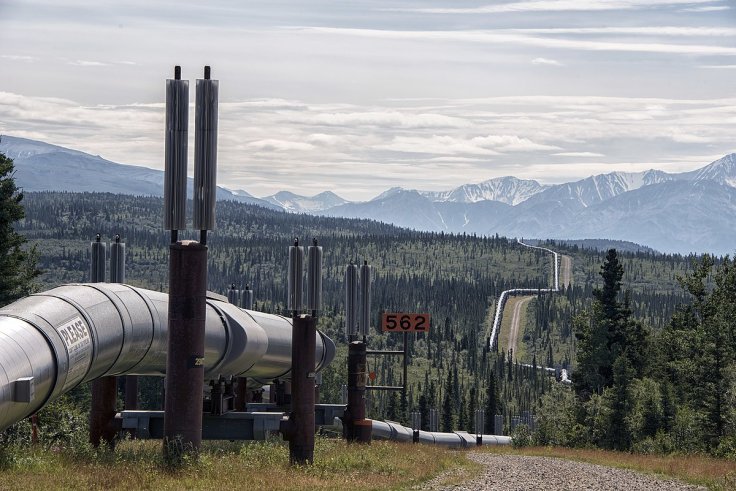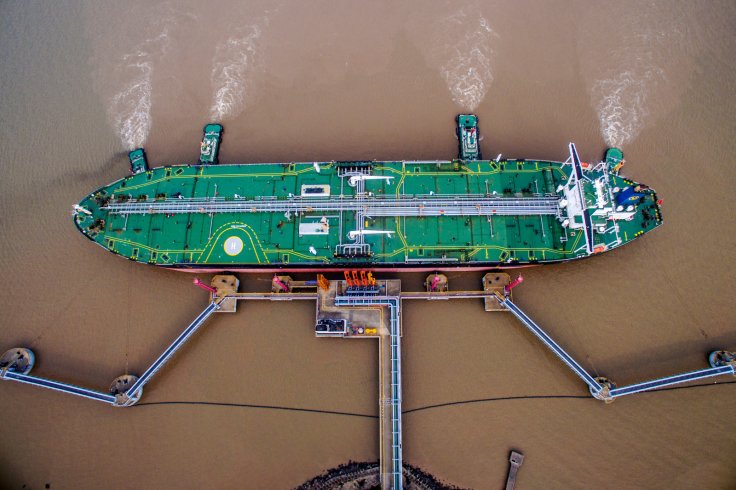The Group of Seven-enforced price cap on Russian crude will not be successful, and Moscow can find enough tankers to carry its oil, experts have said.
The G-7 countries had mooted a price cap on Russian oil months ago as a measure to limit Moscow's access to funds it needs to carry on with the Ukraine war. The group finally rolled out the price cap last month, after extensively working with large companies in insurance, trading and shipping.

The price cap is set to be enforced on December 5. However, as the deadline approaches, industry stakeholders and energy market experts believe that the move could backfire and throw markets into disarray. They also foresee that Russia will find means to skirt the punitive measure and find its own ways to undercut the move.
Negligible Impact
In a revealing estimate, a US Treasury official told Reuters that Russia could sell as much as 80-90 percent of its crude outside of the price cap mechanism. This means that only about 1 to 2 million barrels per day of Russian crude will be off the markets if Moscow refuses to comply with the reduced prices. Russia's average daily exports of crude oil are around 7 million barrels per day.
Russia has made it amply clear that it will defy the western action against its trading rights. Moscow has said that in the event of such a move from the West, it is prepared to revise its delivery contracts with Western countries that are critically dependent on Russian oil and gas.
Ships and Insurance
There are reports that some shipping firms are changing the country of origin of their ships, while trading entities are moved beyond the pale of G7 ambit in order to avoid sanctions.
"In theory there is a big enough shadow fleet to continue Russian crude flows after Dec. 5 ... A lot of these shadow vessels will be able to self-insure or they will be able to be insured by Russian P&I", said Andrea Olivi, global head of wet freight at commodities trading giant Trafigura, according to Reuters.

Help From India and China
According to JP Morgan, the G-7 action will only have a negligible impact on Russia. Moscow will be able to marshal Chinese, Indian and its own ships, says the analysts, adding that this will help Russia evade the price cap. According to JPMorgan's calculation, there will only be a reduction of just 600,000 bpd in Russian exports.
Why Price Cap?
The G-7 plan is to force buyers of Russian oil and gas to offer very low prices for Russian crude and natural gas. The target is to offer a price just above production costs, so much so that Russia will not make the money it wants to run the war machine. This plan is preferred to an outright ban on Russian crude, which will force Russia to stop production and thereby create a reduction in the market volumes. This will result in another round of price boom, which will create inflationary pressures around the world.
Hence, it suits the West to make Russia keep pumping crude while making a cartel that will suppress the Russian crude prices. It's obviously an ideal situation as far as the West is concerned but it's also too whimsical as well.

Why The Plan Will Fail
Analysts had warned that the West had not taken into account how Russian President Vladimir Putin will react to the plan.
If Russia decides to retaliate by reducing oil or gas exports the plan will simply fail and instead, cause a price boom that the West can't deal with.
"The most obvious is that Russia might not agree to sell at those prices, particularly if the cap is very low and close to production cost ... In fact, Putin has already shown his willingness to withhold supplies of natural gas to EU countries that refused to meet payment demands," says Louise Dickson from Rystad.
Another big obstacle is that large Asian buyers like China and India will certainly come in the way of the western plans. When the West rolled out the sanctions against Russia, India and China defied them and continued buying Russian crude at a hefty discount.
These countries are willing to accept Russian insurance or sovereign guarantees rather than accept the low prices under the cartel in lieu of the western-backed insurance. Therefore, forming a broad-based cartel that effectively has the heft to force Russia to its knees is easier said than done.








